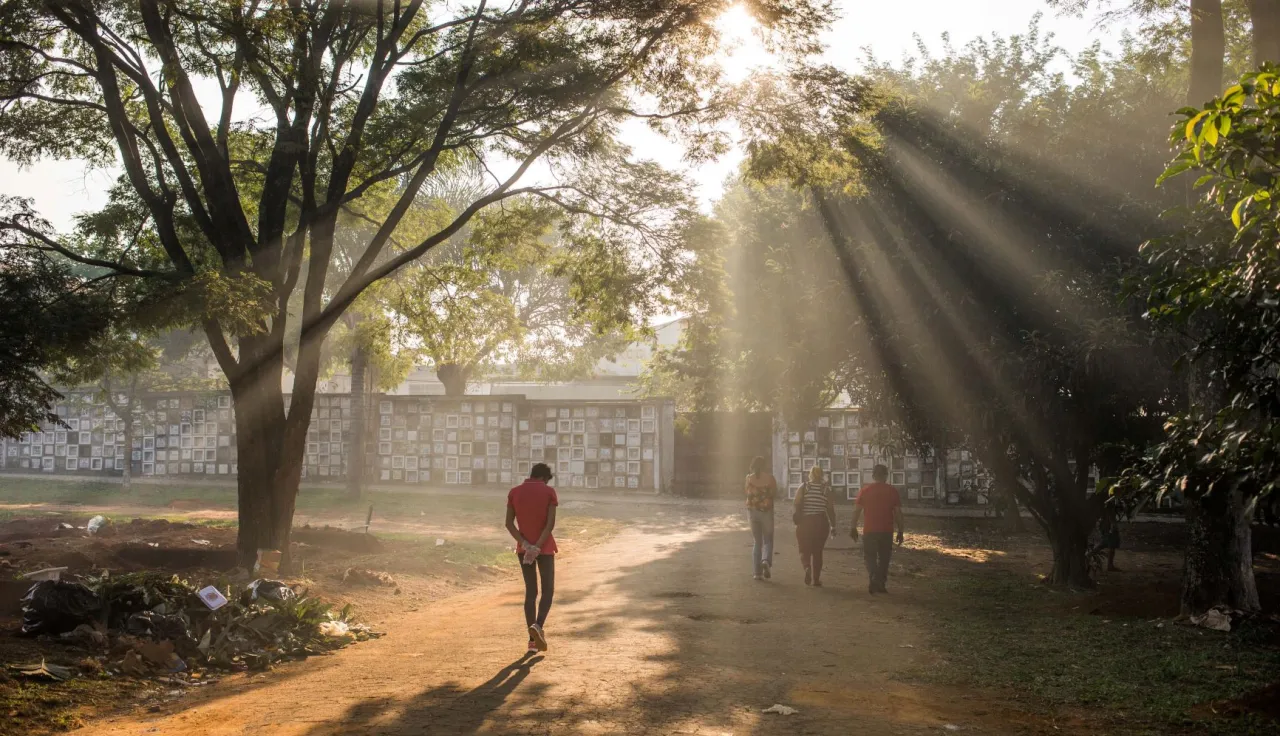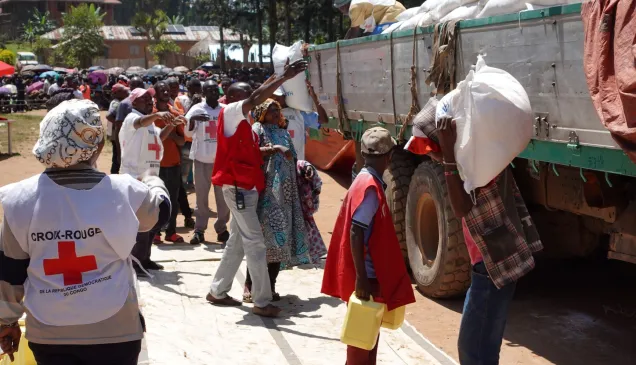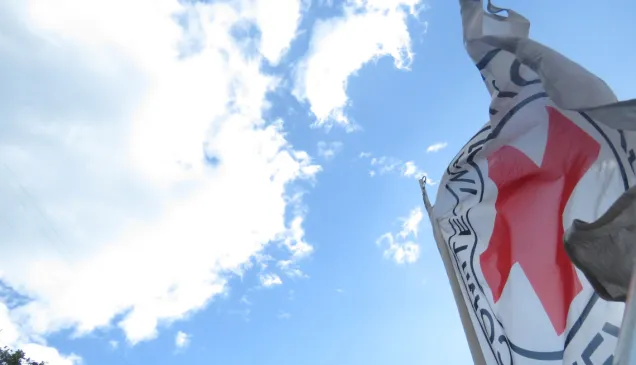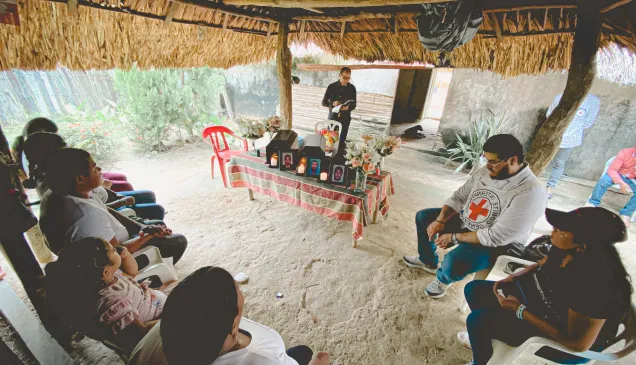Brazil (ICRC) - The situation in Brazil is worrisome. The rising death toll from the new coronavirus has made it one of the most affected countries by the pandemic, with more than 32,000 victims. The International Committee of the Red Cross (ICRC) has responded in several ways, one of which is by helping institutions properly manage the dead, ensuring dignity, protection and respect for victims and their families.
"Management of the dead is one of the most complex aspects of humanitarian responses to disasters and emergencies, such as the COVID-19 pandemic," informed Simone Casabianca-Aeschlimann, the head of the ICRC´s regional delegation for Argentina, Brazil, Chile, Paraguay and Uruguay. The high number of deaths can overwhelm local capacity to care for victims, as is the case in Brazil. "It is also necessary to alleviate the suffering and anguish of family members in these situations," she added.
The ICRC´s regional delegation in Brazil has made general recommendations to national, state and municipal authorities, particularly in Amazonas, Ceará, Rio de Janeiro, Roraima and São Paulo, states that have been worst hit by the pandemic and/or in which the ICRC is present. In addition, a donation of 5,000 body bags is underway in support of relevant public institutions in these states.
The ICRC's recommendations aim to improve how bodies are handled amid the pandemic. They were shared with over 100 Brazilian institutions and are designed to help professionals and those responsible for managing dead bodies to make and implement sound decisions that ensure proper identification and respect for the dignity of the deceased and their family members. They focus chiefly on planning and prevention, which requires large-scale coordination between the institutions concerned.
"The ICRC helps us tremendously – they might not realize just how much – in our efforts to adjust local regulations in the face of the pandemic. We also received donations of body bags, which have been essential," said the body removal service coordinator, in Rio de Janeiro, colonel Ricardo Firmino.
Marianne Pecassou, in charge of coordinating protection activities for the ICRC's delegation in Brazil, outlines more of the ICRC's concerns. "It is important to remember that the task faced by health-care and funeral home professionals is already difficult enough and we must work to prevent knock-on effects, such as: increased infection amongst these professionals and their family members; deterioration of their physical and mental health; fear in these communities of being infected by bodies of the deceased," she explains.
In addition to issuing general recommendations, the ICRC has put together technical resources that include information on basic measures to be taken by health professionals, death verification services, and funeral homes when managing the dead.
The fact that family members are not able to say goodbye to loved ones who have lost the battle against COVID is also a cause for concern for the ICRC. "In light of how difficult it is to have a dignified funeral – given that close physical proximity is ruled out due to risk of infection, both during illness and after death - there will be severe psychological consequences for family members and for front-line health professionals who must face this situation. "A defining trait of humans is the need to bury our dead, and perform rituals that allow us to say goodbye to our loved ones," explains Fabio Azeredo, the head of the ICRC's Mental Health and Psychosocial Support Programme in Brazil.
It is also essential that families have access to information about their hospitalized relatives and are able to communicate with them even while in isolation.
About the ICRC
The ICRC is an international humanitarian organization headquartered in Switzerland and active in over 100 countries. The ICRC's mission is to protect the lives and dignity of victims of armed conflict and other situations of violence and to provide them with assistance. For more information, visit: www.icrc.org
Throughout the world, the ICRC is adjusting its work, acting either directly or supporting its partners to prevent or contain the spread of the new coronavirus.
Note to editors:
• Read more about the ICRC's work in Brazil and Southern Cone countries during the pandemic: https://bit.ly/39R8mSu
• Read more about the ICRC's global recommendations on how to handle the dead during the COVID-19 pandemic: https://bit.ly/3bxKZPt
For more information, please contact:
Diogo Alcântara, ICRC, Brazil, (61) 98115-7610, dalcantara@icrc.org
Sandra Lefcovich, ICRC, Brazil, (61) 98175-1599, slefcovich@icrc.org
WhatsApp (sign up to receive notifications): https://whats.link/cicvbrasil




